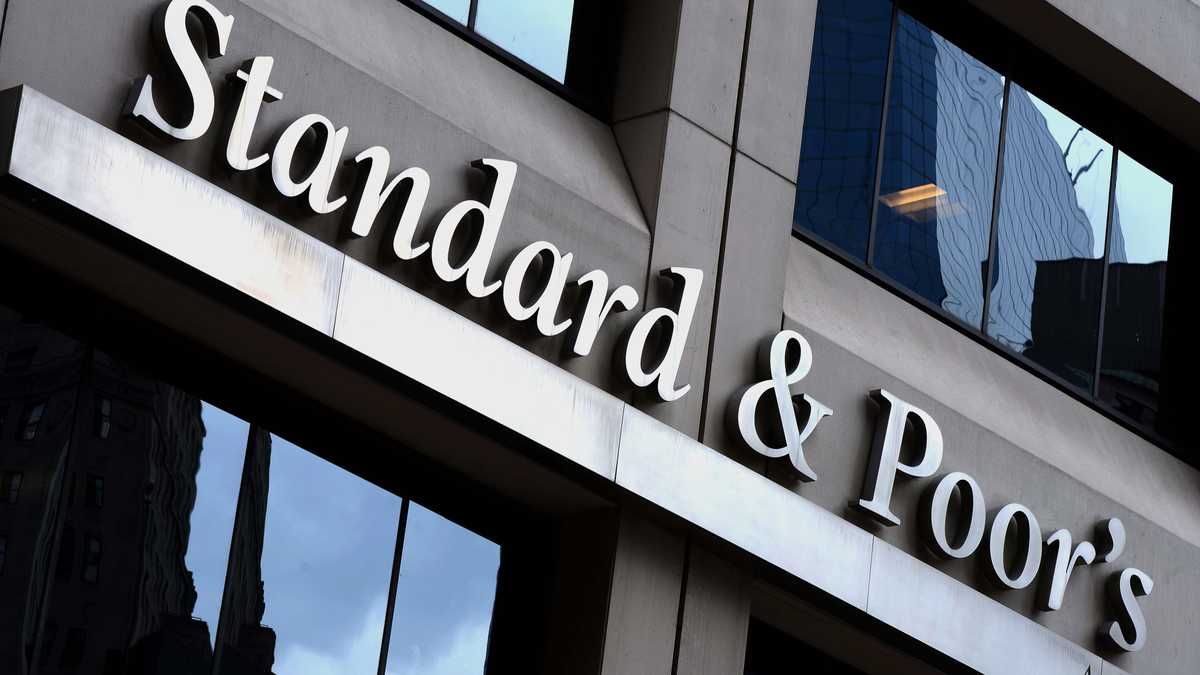In March, the rating agency S&P Global Ratings raised Argentina’s rating to “CCC” from “CCC-“. Although it is one of the worst marks there can be for a country’s rating, The improvement came from the consolidation of the stock of international reservesin the financial surpluses and in the marked slowing inflation.
In the last week, the Central Bank (BCRA) He continued to join forces in this regard and made two decisions that deepen the official strategy at the monetary level: lowered the passive repo rate again by 100 basis points (brought it to 70%) and, in parallel, it raised the reserve requirement for jumps in remunerated accounts of common investment funds from 0% to 10%. With this strategy seeks to keep rates in strongly negative territory in order to accelerate the cleaning of the monetary regulator’s balance sheet.
Thus, as the country’s financial situation improves, the market is excited with an “upgrade” of the credit rating For Argentina, which, although it still has a long way to go and hard work ahead, could happen soon. This would be a very important step, since it would lead international rating agencies to once again look favorably on sovereign debt and would open the door for numerous investment funds to resume the acquisition of Argentine bonds. which for many years were ignored.
Emerge with a stopover in Africa
In CCC leaguewhere Argentina now plays, there are some countries, such as Ukraine, Cameroon, Ethiopia and Mozambique. Thus, Nicholas Maxdirector of Asset Management at Criteriacalls the process that Argentina must execute: “emerge with stopover in Africa”.
This is because, if the country were to achieve the long-awaited upgrade it aims for, it would pass the qualification “B-” where other nations play, such as the Democratic Republic of the Congo, Uganda, Madagascar, Angola, Papua New Guinea and the Congo, among others. Max maintains that Argentina could achieve this goal in 2025, “despite a hostile macro context” for emerging markets.
For the analyst, this is because Argentina even has indicators “that give better” than those of some of the nations mentioned above. And, as Max recently indicated, Our country and Ecuador managed to equalize their debts after a rebound in bonds, which represents a first step towards recovery.
However, to consolidate this path, the country needs to continue reducing interest rates at a single digit level and rebuild their international reserves to improve your credit position.
WhatsApp Image 2024-04-15 at 05.21.15.jpeg
Source: S&P and courtesy of Criteria
Juan Pedro Mazzastrategist at Cohen Aliados Financieros, indicates in statements to Ambit and in line with Max that, if the Government maintains the good results and demonstrates that they are sustainable in the long term, “the country is very likely to improve its rating again before the end of the year”.
However, he warns that for this, it will also be key “achieve a rapid recovery of the real economy: Economic growth reduces the debt burden in terms of Gross Domestic Product (GDP) and, simultaneously, facilitates the political sustainability of the economic program.
It should be remembered that last week was again good for debt hard dollar. The bonds advanced between 3% and 5%, after a driven correction due to an unfavorable international framework after the March inflation data that came from the US. This is the context that Max is referring to, as it suggests that the first rate cut returning to the vision of “higher for longer”.
What should happen so that Argentina can aspire to be B?
For Gustavo Neffa, partner of Research for Traders, although a credit agency looks at many aspects, the main one is the sovereign’s repayment capacity. “With net reserves still negative and an unstabilized macroeconomy“, the analyst maintains that it is difficult for this to happen in the short term for Argentina. However, “The path of fiscal and monetary austerity is the first step that this Government has taken in pursuit of obtaining an improvement in the grade”.
Neffa indicates that by the end of the year there could be news in this regard, since “Fiscal solvency is very important and this government has made it one of its first objectives. The analyst assures that the path that the current management is taking “is the correct one.” But he warns that the duty is to achieve reasonable inflation levels and a smaller State that does not absorb private funding that can be used for private credit.
Exchange rate unification: a key aspect for the objective
Finally, Adrian Yarde Bullerchief strategist of Facimex Valores, slips that, to achieve a rating improvement, Argentina has to “consolidate the path it has been following in terms of reducing the fiscal deficit, accumulation of reserves and fighting inflation”.
At the same time, Yarde Buller argues, it must gradually move towards an exchange rate unification. And he believes that it is also likely that the rating agencies will consider the Government’s ability to transform the reforms into laws that pass through Congress, due to its link with the sustainability of the process.
“With everything, The current direction is consistent with the upgrades eventually starting to arrivebut these things take time, since the rating agencies have their processes, so you have to be patient,” he points out.
Thus, although the improvement in the grade received in March did not mean a big change, served so that the financial market interpreted it as a boost to the improvements that Argentina is experiencing in its macroeconomic foundations. Well, although the increase does not represent a radical change in the country’s credit evaluation, it does indicate a positive direction, which is being valued by investors.
This perception is reflected in bond prices and the decline in country riskindicators that show growing investor confidence in the economic and financial recovery, which can lay the foundation for greater access to international financial markets and an additional boost for the national economy.
Source: Ambito
I am a 24-year-old writer and journalist who has been working in the news industry for the past two years. I write primarily about market news, so if you’re looking for insights into what’s going on in the stock market or economic indicators, you’ve come to the right place. I also dabble in writing articles on lifestyle trends and pop culture news.




